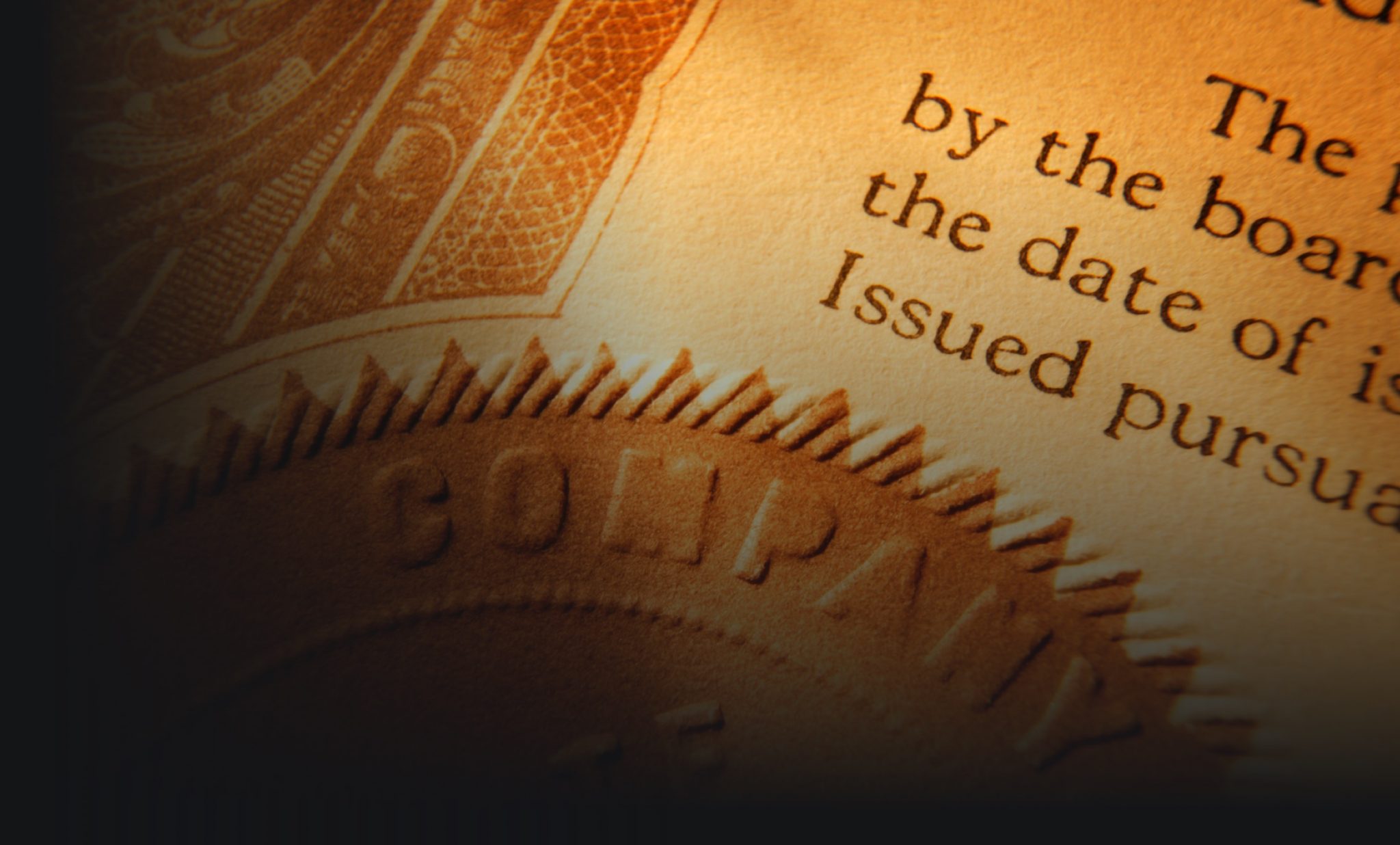Why Hold Bonds?
Bond prices go up when interest rates go down, and rates have been doing just that since the Reagan Administration. Back in 1982, 10- year Treasuries were paying 15%, and after 30 years of steady decline, they dropped below 2% last year and trended down slightly for the first part of 2013. This remarkable three-decade drop in interest rates has been described as the ultimate bull market in bonds, perhaps the most rewarding period for bond investors in all of investment history.
But it’s hard to see how bonds can continue much further on the same trajectory, unless you’re predicting that people are going to be willing to pay for the privilege of owning Treasuries. Market doomsayers have been predicting for years that rates will go back up dramatically, creating losses in the fixed-income part of your portfolio. We saw signs that the bull market in bonds might be ending this past month, when Treasury bonds maturing in 10 years or more declined 4% in value in three weeks, as the yield on 10-year Treasuries rose from 1.63% to just over 2.23% before dropping back to 2.12%.
U.S. equities are up, in aggregate, more than 15% this year. So the obvious question is: why should we have a portion of each investment portfolio in bonds?
The answer is diversification and risk mitigation. Unlike equities, a bond is the obligation of the issuer to pay specific coupon payments and the ultimate full repayment of the principal at maturity. In other words, there is a definitive cash flow stream and a known future repayment of principal. With equities, investors do not know what the future value of the security will be. Accordingly, stock investors hope to be rewarded with a higher rate of return to offset this added risk. Investors who own individual bonds do know the future value of the bond and the accompanying cash flow streams. As such is the case, individual bonds may increase or decrease in value at any given time in reaction to interest rate fluctuations, but by simply holding the bonds to maturity or (call date), the creditworthy issuer will always pay the future required obligations.
The purpose of bonds in an investment portfolio is not to generate high returns–the past 30 years notwithstanding. Bonds protect against the worst kind of market risk–the times when stocks suddenly, unexpectedly plunge. The last time stocks took a nosedive, in 2008, U.S. equity markets seemed to be sailing toward another year of gains and bond prices were experiencing 30 year lows. At that time, people were asking, “why own bonds in an environment like that? Yet by the end of the year, a mixed portfolio of bonds had achieved a 5.24% positive return, while stocks were losing 37%–meaning bonds outperformed stocks by more than 42 percentage points. In 2000, 2001 and 2002 when stocks dropped 9.11%, 11.89% and 22.10% respectively, bonds rallied to give investors returns of 11.63%, 8.43% and 10.26%. Over time, investors holding bonds enjoy a smoother market ride, and experience fewer losses during market downturns.
More importantly, having bonds (and cash) in your investment portfolio gives you options if and when stocks fall. If you need income, you can liquidate the bonds, rather than having to sell stocks at a loss. If the prices of stocks drops to the point where stocks become a screaming buy, you have some money set aside to buy at bargain prices and make up some of the losses.
If and when interest rates reverse themselves, and yields move up, you could experience a decline in value in the bond portion of your portfolio. There are ways for professional investors and bond portfolio managers to reduce this risk:
- Use of defensively structured bonds
- Reducing the maturity or duration of the bonds from 10 years to 5 years or less
- Holding more cash.
Bottom line, bonds are still your best protection against the unpredictability of stock market returns. We are appropriately positioned for a rising interest rate environment, but nobody knows what the markets are going to do next, and so the most prudent course is to keep protecting you against the possibility that another 2002 or 2008 is lurking somewhere around the corner.
